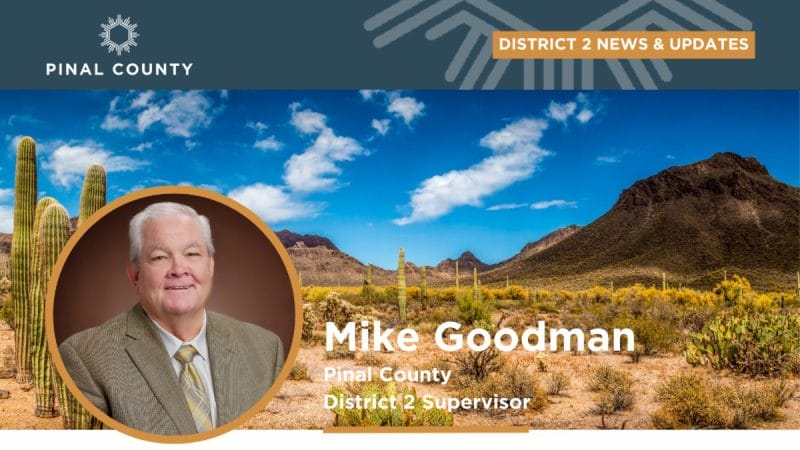The Supreme Court heard arguments Monday about who counts as a supervisor under a federal employment discrimination law.
Maetta Vance, who was the only black employee in the catering department of Ball State University in Muncie, Ind., said another worker there had subjected her to racial taunts and veiled threats.
Title VII of the Civil Rights Act of 1964 allows some kinds of lawsuits only if the challenged conduct was that of a supervisor. The United States Court of Appeals for the Seventh Circuit, in Chicago, which heard Ms. Vance’s suit, defines “supervisor” narrowly, limiting it to people with the power to hire, fire, demote, promote, transfer or discipline an employee.
Other courts consider a supervisor to be anyone with the power to direct an employee’s daily activities.

Justice Elena Kagan, perhaps reflecting on her experiences as dean of Harvard Law School, discussed the difference, reported The New York Times.
“Professors don’t have the ability to fire secretaries, but professors do have the ability to make secretarial lives living hells,” she said, suggesting that the Seventh Circuit’s approach was too limited.
Justice Antonin Scalia told a lawyer for the university that the court had agreed to hear the case, Vance v. Ball State University, No. 11-556, “principally to decide whether the Seventh Circuit rule was right or not.”
“And you don’t even defend that,” he said. “So there is nobody here defending the Seventh Circuit.”







